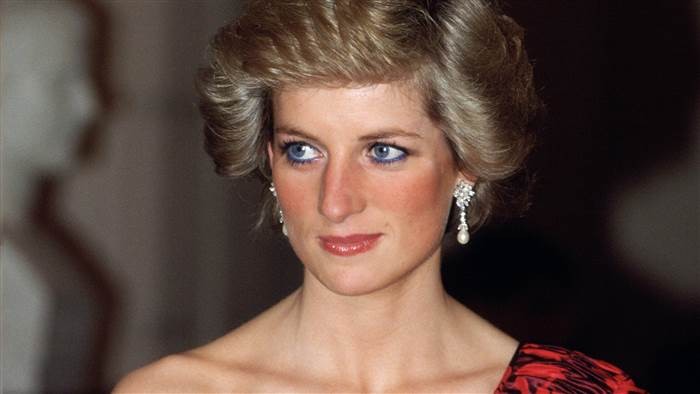
20 years after her death, Princess Diana is again in the spotlight

Dear All,
The news coverage marking twenty years since the death of Diana, Princess of Wales, in a car crash in Paris has dominated the news narrative in the UK throughout this month.
The ex-wife of Prince Charles, heir to the British throne, the charismatic Princess Diana was adored by people around the globe and after her sudden death on the last day of August 1997, Britain witnessed an unprecedented outpouring of public grief. A ‘sea of flowers’ formed outside the gates of her residence (Kensington Palace) as people brought bouquets, letters and cards there. People of varied ages and backgrounds huddled together, sobbing and grieving -- and these mourners included not just women but grown men and young children too.
This outpouring of grief was spontaneous and deeply emotional, mourners speaking out as if they had suffered a deeply personal loss. But why did the death of a young aristocrat living a life of royal privilege affect so many people not just in Britain but all over the world? A number of television programmes to mark the anniversary remind us of the reasons why.
In Diana, Our Mother (ITV), her sons Princes William and Harry spoke publicly about their mother for the first time. Following her death media outlets had removed Diana stories from their news agenda, partly in response to the recriminations that the press and paparazzi had hastened her death, but mostly in deference to the young boys who had so poignantly walked behind her funeral cortège. The sons recalled not just how loving and how much fun she was but how much she had worked for causes like homelessness, Aids research and treatment and campaigned against land mines.
Princess Diana was the first high profile public figure to make physical contact with an HIV patient: on a visit to the UK’s first purpose built AIDS unit in 1987 she shook hands with a patient there. This was a turning point in attitudes towards the illness. Up until then the virus had been regarded as the ‘gay plague’and fear of contagion had increasingly isolated them and had categorised them as untouchable. Princess Diana shook the patient’s hand without gloves -- a landmark moment in the fight against AIDS.
The princess was the most photographed woman in the world -- and whatever she did generated immense media attention. But along with her personal charisma what seemed to have captured the public attention was the fact that the story of the fairy tale princess did not have a happy ending, and that despite the pageantry and grandeur of the 1981 wedding at St Paul’s cathedral, she did not live happily ever after with her Prince.
The first the public heard about this was in Andrew Morton’s 1992 book Diana: Her True Story, which revealed among other things that her husband was involved with another woman and that she herself was so unhappy she had attempted suicide several times and had developed bulimia. The book was a bombshell, it shook the monarchy, and how it came to be written is recounted Diana -- Her Story: the book that changed the world (Sky Arts) with Morton and his publisher among the people speaking about the book that jolted the British monarchy.
But perhaps most gripping (and controversial) was Channel 4’s Diana in her Own Words, as this consisted of video tapes made by her speech coach Peter Settelen around 1993. These are compelling because we see Diana speaking candidly and directly about so many things, and because it features interviews with those close to her including her friend (Dr James Colthurst) who was the key go-between in the writing of the Morton book.
Princess Diana’s story continues to fascinate not just because she was a beautiful woman who wore elegant clothes but because she was a survivor, a fighter and an idealist -- a person who was unafraid to demonstrate affection and compassion in public. All of this anniversary coverage has been very emotional and I have perhaps never seen so many British men so close to tears as in these programmes.
But perhaps the person worst affected in the coverage of Diana’s death anniversary has been her ex-husband Prince Charles: apparently with the re-telling of her story his public approval ratings have plummeted… (from 60% in 2013 to just 36%), moving his sons to speak out in his defence to counter the bad press.
Best wishes